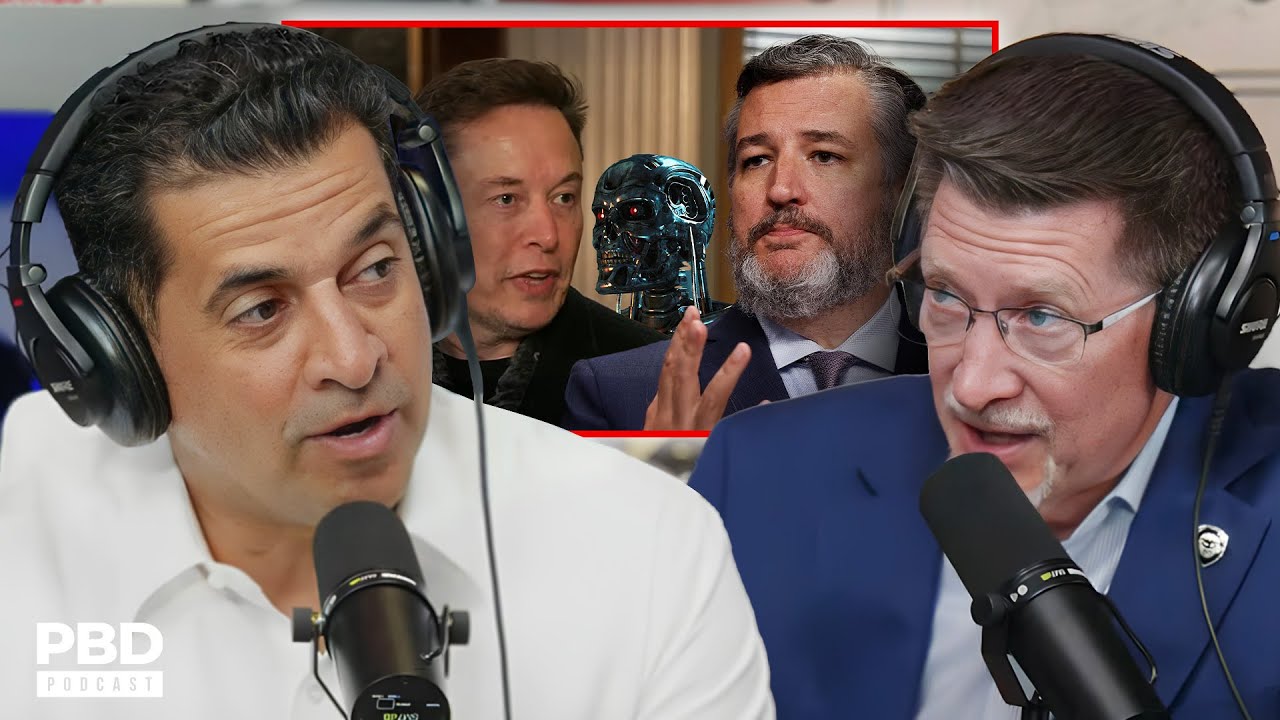In a recent podcast, Elon Musk predicts that AI will surpass human intelligence within the next decade, leading to a significant rise in autonomous vehicles and potential job displacement, while also warning of the risks associated with “killer robots.” He emphasizes the need for regulations and human oversight to mitigate these dangers, while also highlighting the potential for increased prosperity and the importance of preparing future generations for a changing job landscape.
In a recent podcast featuring Elon Musk, the discussion revolves around the rapid advancements in artificial intelligence (AI) and robotics, with Musk predicting that within the next decade, AI will surpass human cognitive abilities. He emphasizes that in ten years, AI could potentially outperform the smartest humans, leading to a significant increase in the number of humanoid robots and autonomous vehicles on the roads. Musk suggests that by then, 90% of miles driven will be by self-driving cars, and this shift will fundamentally change the job landscape, raising concerns about mass unemployment.
Musk addresses the potential consequences of AI’s rise, including the possibility of “killer robots” and the associated risks to humanity. He estimates a 10-20% chance of catastrophic outcomes within the next five to ten years, which leaves listeners, including Senator Ted Cruz, visibly concerned. Despite these alarming predictions, Musk also highlights the potential for extreme prosperity, suggesting that goods and services could become nearly free due to the efficiency of robots and AI, thereby improving living standards for many.
The conversation shifts to the implications of widespread automation on employment. Musk argues that while many jobs may disappear, the abundance of goods and services could lead to a higher quality of life. However, he acknowledges that the challenge will be finding fulfillment and meaning in life when traditional job roles are diminished. This raises questions about how society will adapt to a future where human labor is less necessary.
The podcast also touches on the ethical and security concerns surrounding AI and robotics. The hosts express anxiety about the potential for malicious use of robots, drawing parallels to current issues with malware and cybercrime. They discuss the need for regulations and controls to ensure that the development of AI and robotics does not lead to harmful consequences, emphasizing the importance of human oversight in a rapidly evolving technological landscape.
Finally, the hosts reflect on the broader societal implications of these advancements, particularly for future generations. They stress the importance of preparing young people for a world where traditional jobs may no longer exist, advocating for education in fields that robots cannot easily replicate. The conversation concludes with a recognition of the unique qualities of human experience that machines cannot replicate, underscoring the need for a balance between embracing technological progress and preserving the essence of what it means to be human.
